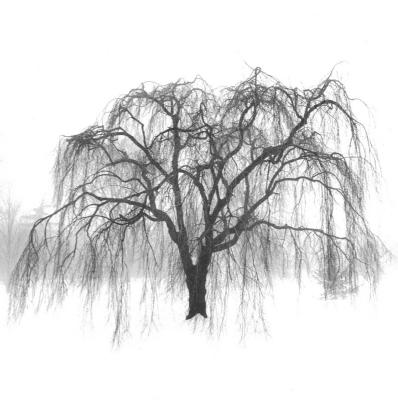 |
| President Obama announces Osama bin Laden's death |
And still we must confess: the line between justice and vengeance is dangerously thin. "Do not gloat when your enemy falls," we read in the Book of Proverbs (24.17), "when they stumble, do not let your heart rejoice." These are hard words to accept, especially when we feel like dancing with Miriam. What reaction might they prescribe?
Three trillion dollars and over 5800 casualties later, it is not death that we should celebrate. Justice lies not in what we destroy but in what we create. The timbrels we bang with Miriam mark less the benediction of murderous revenge and more the invocation of our journey into a new life-together.
Blessedly, we have our guides: the Arab youth who have taken liberation into their own hands through democratic revolution. Truly, they do justice every time they reject bin Laden's model of Muslim liberation, predicated on bloodthirsty violence against their own and the West.
These youth know the truth Lao Tse once uttered: "War summons hunger." Yet, they have chosen the manna of rightful empowerment over the gluttony of righteous power.
Might they have something to teach us?
Please: continue the conversation.







